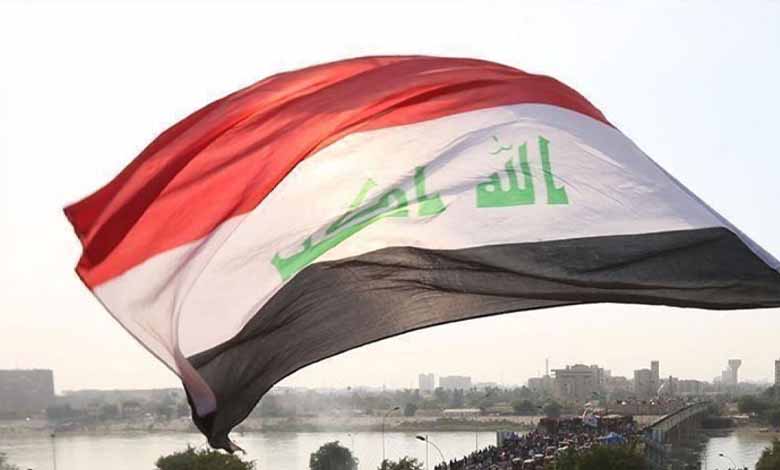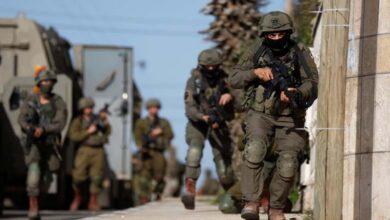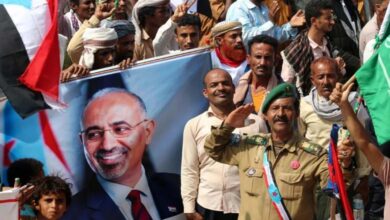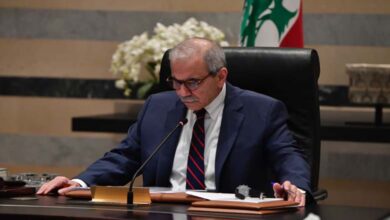Iraq Tries to Overcome Political Crisis after New President Elected

The Iraqi Council of Representatives elected a new president on Thursday, one year after early parliamentary elections failed to put an end to the political deadlock and dysfunction in state administration.
Abdel Latif Rashid, a veteran Kurdish politician and former Minister of Water, won the second round of voting against his rival, current President Barham Salih. After his victory, Mohammed Shia’ Al Sudani was quickly appointed prime minister and given 30 days to form a government.
Elections and Political Crisis
The American newspaper Washington Post confirmed that Baghdad witnessed tight security measures yesterday, Thursday, with security forces going out in large numbers through the Green Zone in Baghdad, the highly fortified area that houses embassies and government buildings, and the main bridges closed to traffic. But even with the vote of the members of parliament, a barrage of rockets fell near the area, injuring many people and damaging cars in the parking lot of the parliament.
It added that the elections came after Iraq witnessed a political crisis since last year amid hostility between the Sadrist movement, led by prominent cleric Muqtada al-Sadr, and the Coordination Framework, an alliance that includes al-Maliki’s party and other Shiite factions more closely linked to Iran. It pointed to the escalation of the dispute that prevented the election of a president or the formation of a government in July, with supporters of both parties taking to the streets and holding sit-ins in the center of Baghdad, which witnessed al-Sadr’s call for dissolving the Council of Representatives and holding new legislative elections.
Major blow
The American newspaper noted that on August 29, 30 people were killed as a result of clashes between al-Sadr’s loyalists and their Shiite opponents in Baghdad, which raised memories of the civil war and fears of further escalation. However, al-Sadr was forced in the end to call on his supporters to withdraw from the sit-ins, while experts considered that Thursday’s elections showed him a weak and weak personality.
“I think what happened is a fatal blow to Muqtada al-Sadr politically,” said Mohammed Jassem, an Iraqi political analyst based in Baghdad, who believes that the victory of the coordination framework over Muqtada al-Sadr has paved the way for them to pass on their candidate for the prime minister and form the government.
The victory of the coordination framework is also a victory for Iran and a setback for US interests in the region, Jassem said, adding, “The coordination framework supported by Iran will do all it can to eliminate any US presence in the country and put obstacles in the way of any economic cooperation with the US, all of which will be in Iran’s favor.”












